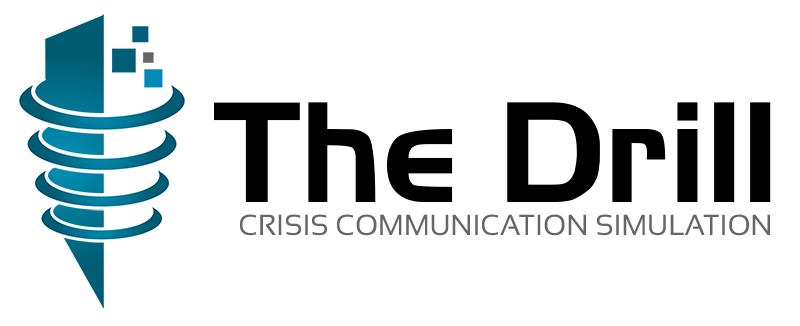Security for crises refers to systems, not size
I'm not a tall guy: 5'8" or maybe 9" with the right kind of hair styling wax and thick socks.
In career choice times of old, I discounted I'd be much use in any police or security guard role; back then, we were told you needed to be a ‘bruiser’ or a big unit to work in that kind of job.
As disconcerting stories emerge about contractors and associated firms paid handsomely to maintain security around so-called 'COVID quarantine hotels' in Victoria, we see how the appearance of security - physique, dark clothes, big boots, walkie-talkies - has virtually nothing to do with how safe premises and people need to be. Nor does a large cohort of untrained crisis response personnel.
The key to crisis security - professional crisis management consultants will affirm - is found in Plans, Processes and Practices. If any of these are not understood, drilled and attentively implemented, then what you have are inert bodies in notional roles, without the necessary frameworks and failsafes to facilitate guest, staff and wider-population safety. Not all security contractors or internal hotel security are to blame in Melbourne right now, but the city's experience points to weak links in the security chain.
If you don't have a robust crisis drill, you can't manage a crisis threat; simple as that!
Now, chucking a rubber snake on my backyard Merbau might scare enough dumb birds to keep their droppings off my freshly oiled deck. But simply hiring available, low-cost and unprepared personnel to handle critical population control (i.e. hotel security) in a pandemic, couldn't hope to stop a whole heap of shit hitting a city-sized fan. No matter the reasoning behind it, it suggests poor-quality crisis management. Add a wilful portion of the quarantine population unwilling to comply with the aims, and the problems compound.
Fail to plan = plan to fail, exemplified.
And the costs to put tried and tested plans, processes and practices into place are relatively minuscule compared to the consequential costs of having to secure not just a couple of COVID hotels, but to lockdown an entire city and its suburbs for months at a time. Australian federal government estimates say up to nine billion dollars is the national cost of poor crisis management around our unsecured city.
Funnily enough, my professional PR experience led to my current role, which is actually providing a form of security. Our crisis consultancy offers crisis simulation software, training drills, crisis management planning support that are all about offering valuable security plans for companies facing issues or crises. It’s even better when the services are engaged early enough to prevent crises' negative impact.
Still 5'8", I may not have grown much vertically since my degree days but my experience has grown to prove that security is much more of a mental concept, than it is a physical one. Don't just put warm bodies or good intentions on the deck, when issues threaten your brand.
/Ends
